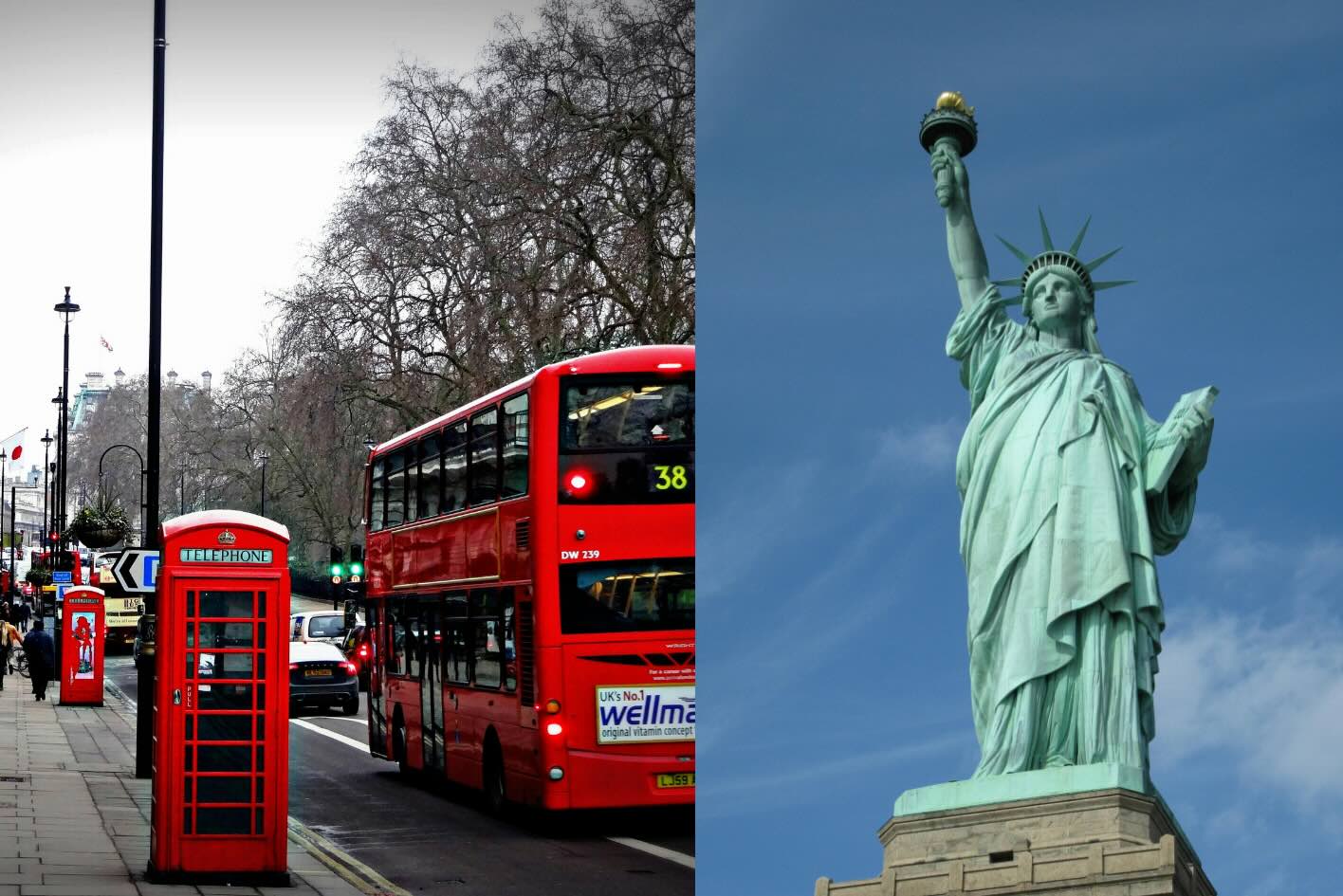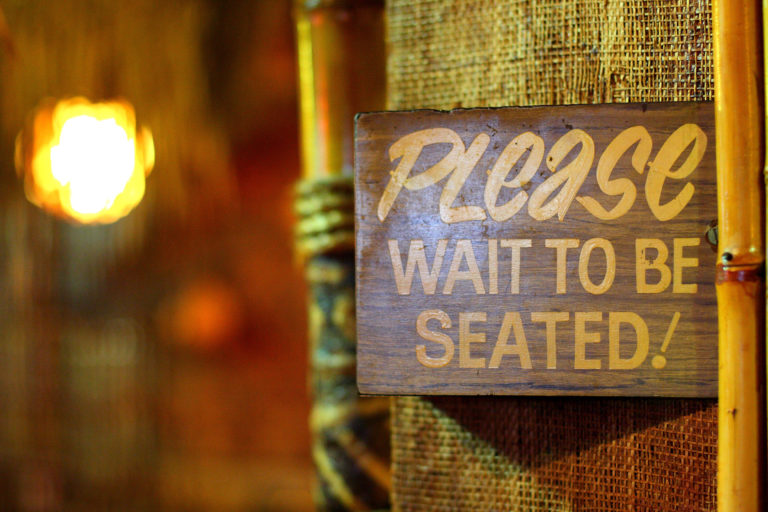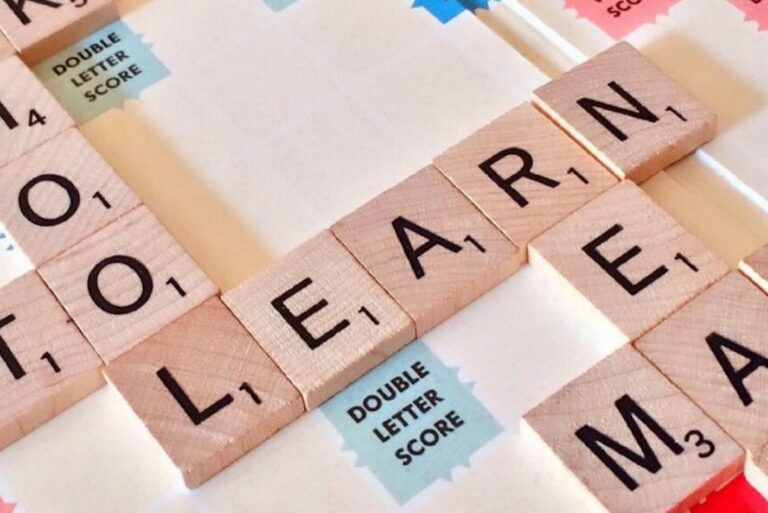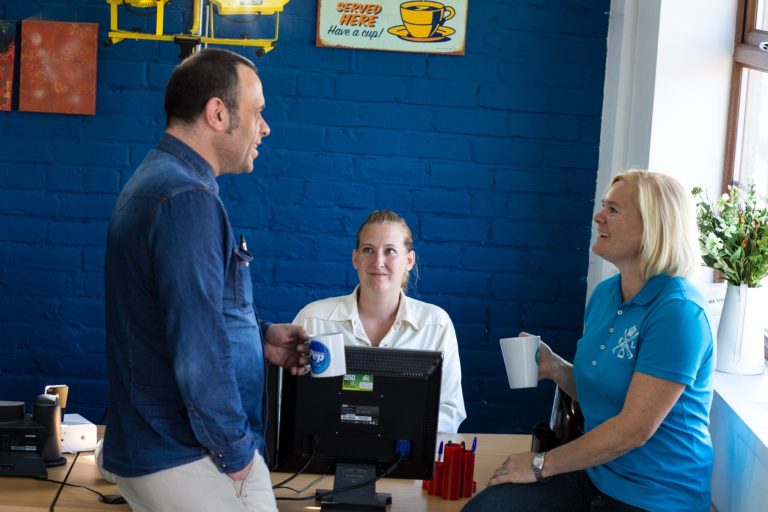15 Common Examples of Differences Between UK & US Words
Have you ever noticed that there are two completely different words for the same thing? Some people might tell you that they live in an apartment, while others say they live in a flat. Why’s that? The answer is often American versus British English. Given how far away these two countries are from each other, it is only natural that their languages developed in different ways. On one hand, British English has been influenced more by its neighbors, such as France and Germany. On the other hand, American English drew inspiration from Native American languages and also from the vast immigration into the country. Some of the word pairs we will look at today are frequently understood by both groups of English speakers, especially with context. Some, however, can create more opportunities for misunderstandings or even embarrassment. Let’s examine some common examples that can help you avoid any confusion in the future.
See also: 11 most commonly mispronounced words in American English
- Apartment & Flat
In the US, a one-floor dwelling is called an apartment. This is derived from the Italian word “appartare,” meaning to separate. Since we perform separate activities in separate rooms (i.e., sleeping in the bedroom and cooking in the kitchen), US English began to use “apartment” to refer to their homes. In the UK, it is called a flat. The British “flat” comes from the Old English word “flett,” since your entire home is lying flat on one floor.
- Elevator & Lift
When moving between floors in a building, Americans use an elevator while Brits use a lift. The former comes from the Latin word “elevare,” meaning to raise. The latter can be traced back to Old Norse “lypta,” also meaning to raise. Both versions have the same fundamental origin.
- Sidewalk & Pavement
In America, people walk on a sidewalk since it is located on the side of the road. Meanwhile, in the UK, you would stroll on the pavement. To pave means to cover with a hard surface, which is what we do when we pour concrete over a path to create a pavement.
See also: 22 Idioms for Talking About Family
- Trash & Rubbish
Broken electronics, food waste, old newspapers–in America, such items are called trash. Across the ocean, the British call it rubbish. In addition, the name of the container is “trash can” and “rubbish bin,” respectively.
- Truck & Lorry
After placing your Amazon order, a truck transports your goods to you in America. This word comes from the Latin “trochus,” meaning wheel. In the UK, a lorry would handle your order. This originates from the Middle French “lurry,” meaning a wagon that is pulled by a horse.
- Cart & Trolley
You have arrived at the supermarket to buy some weekly essentials. American shoppers around you grab a shopping cart to put their products into. The Brits use a trolley instead, which is the Middle English word for a small cart with wheels.
- Trunk & Boot
You have just finished buying your groceries at the supermarket and head to your car to put them in the back. In the US, the back storage of your car is called the trunk, while in the UK, it is called the boot. Using “boot” outside of the UK might cause some confusion since it is also a type of shoe.
- Gas & Petrol
You are driving home and suddenly notice that your tank is empty. In America, you would visit a gas station and put gas in your car. In the UK, you would pull up to a petrol station and get some petrol. Interestingly, both variations are abbreviations. Gas is short for gasoline, which is derived from the Greek word “khaos,” meaning vapor. Petrol is short for petroleum, which literally translates to “rock oil” from Latin.
See also: Other Terms for Arrive and Leave That You Might Not Know
- Cookie & Biscuit
Americans enjoy snacking on sweet cookies, while the British frequently pair biscuits with their afternoon tea. The US variant comes from the Dutch word “koekje,” meaning little cake. The UK version translates to twice-baked from the old French “bescuit.” Be careful–in the US, you can find biscuits too. However, over there, they are a piece of savory bread often served with gravy in the south of the country.
- Chips & Crisps
A bag of potato chips–a classic salty treat in the US. In the UK, though, people eat crisps, referring to the crunchy texture of this snack. To add to the confusion, “chips” has a different meaning in the UK, where it is used to describe french fries (like the kind you get at McDonald’s). Hence why the national dish of Britain is called “fish and chips.”
- Cilantro & Coriander
In the UK, coriander is used to describe all parts of this multifaceted herb. This includes the seeds, stems, and leaves of the plant. In America, coriander is used too. However, coriander only describes the spice that is made from ground-up seeds of this plant. Any fresh and leafy part, typically used as a garnish, is instead called cilantro.
- Eggplant & Aubergine
Have you ever seen an eggplant growing? Before they take on their distinct purple color and elongated shape, they look like little white eggs! This is where the US word eggplant comes from. In the UK, they are called aubergines, which comes from the Arabic word “al-badinjan.”
- Zucchini & Courgette
Both of these variants for this vegetable stem from foreign words meaning small squash. The American zucchini comes from the Italian “zucchino,” while the UK version comes from the French “courge.”
- Appetizer & Starter
If you are feeling particularly hungry today on your visit to a restaurant in the US, you might opt to order an appetizer along with your main dish. Appetizers are called that as they stimulate our appetite before the main portion of the meal. The UK version is a little simpler. They are called starters since you start your meal with one.
- Sweater & Jumper
In the US, people wear sweaters in the winter to stay warm. We sweat when we wear extra layers of clothing, which makes for a fitting name for this article of clothing. A cold British person would put on a jumper instead. This comes from the Middle English “jup,” meaning a loose piece of outer clothing.
- Sneakers & Trainers
The American word for this piece of footwear comes from the sneaking ability you get with the shoe’s quiet sole. Whereas in the UK, these shoes are called trainers since they are most commonly used for sports and training.
- Pants & Trousers
Cargo pants, jeans, and capris are all types of bottoms that can be referred to as pants in the US. In the UK, they are called trousers instead. Be careful of a potential socially embarrassing difference in meaning here. While pants are simply bottoms in the US, they are actually an undergarment (as in underwear) in the UK!
- Hockey (Ice & Field)
Depending on where you are, the word hockey refers to completely different sports. The reason for this is the weather! In snowy Canada, ice hockey originated in the 1800s. Following its growth in popularity, it became the national sport. Soon after, it rose to popularity in neighboring America. On the other hand, field hockey was much more popular in the UK, which does not get as much snow as Canada. Both sports involve shooting an object into a goal using a stick, but one is played on ice, and the other is played on a field.
- Soccer & Football
The UK origin of the word for this sport is fairly straightforward. We use a foot to kick the ball, so it is called football. In America, due to the high popularity of American football, a distinction had to be made to avoid confusion. Many people assume that “soccer” is of American origin, but it is actually British. The word soccer is a shortened version of “assocer,” which used to be a casual way to refer to “association football.”
- Fall & Autumn
Americans refer to this season between summer and winter as fall. This comes from the Old English “feallan,” meaning to fall (as leaves do when they die). British people call it autumn, which is Latin for harvest.
Whether your next trip is to New York or London, you are now ready to explore, shop, and eat in any of these wonderful English-speaking destinations!







